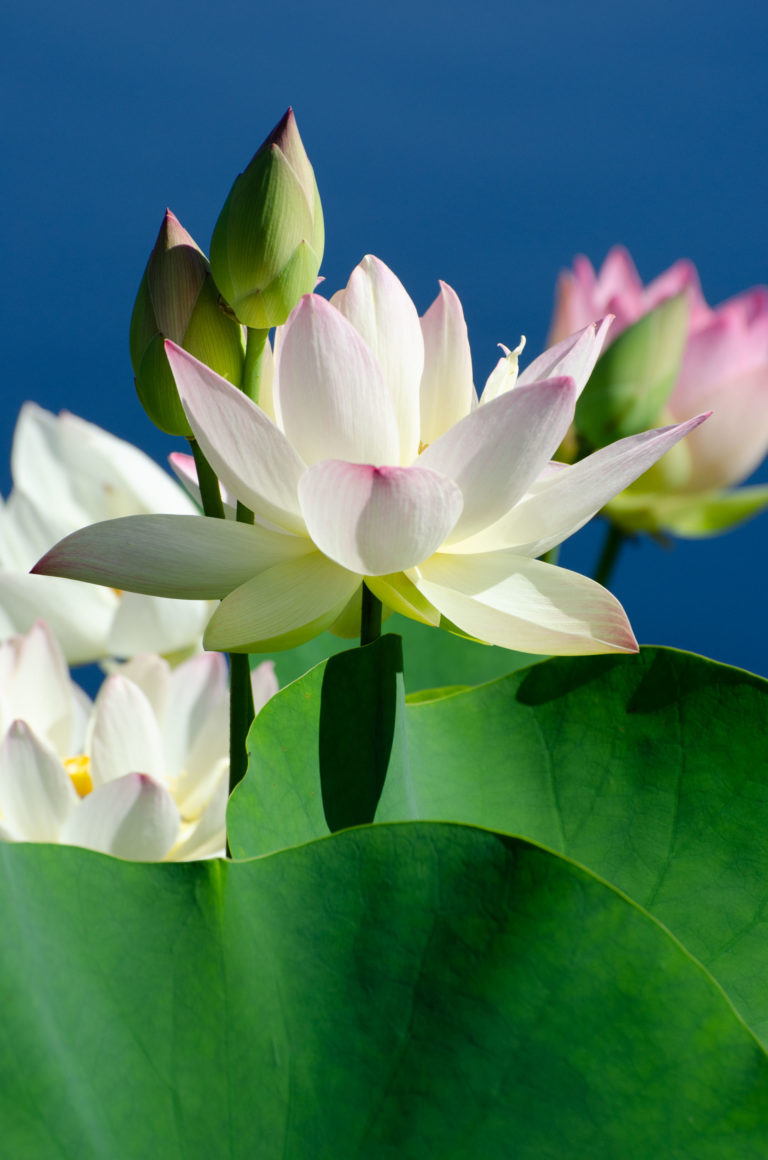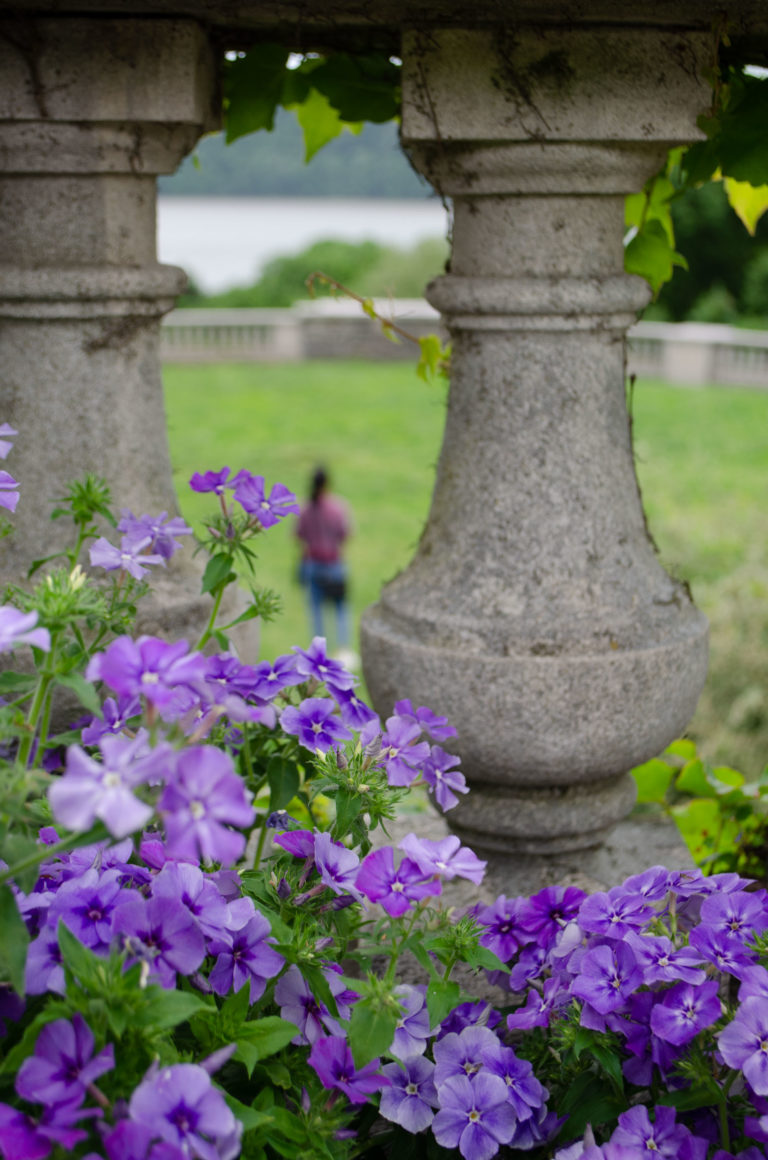
Solanum quitoense (Naranjilla)
October 1, 2020Guarding the entrance to the Marco Polo Stufano Conservatory, and lurking in both the Paisley Bed and the Herb Garden, is the spectacular, if slightly sinister, Solanum quitoense.


It is a member of the nightshade/tomato family and its fruits do, indeed, look like small, slightly fuzzy tomatoes. It comes from Colombia, Panama and Ecuador: the specific epithet quitoense means “of Quito.”

The fruits turn orange when ripe—hence the name naranjilla, “little orange”—and they yield a tangy juice. They are soft and easily damaged and therefore not easily transported fresh.
Even as an ornamental, it is a fascinating plant. With large, pale-green foliage and fearsome-looking spines arising from the upper side of each leaf, it never fails to attract attention.

Because it is a tropical plant, in our climate it can only be grown outdoors in the warmer months.
The work of Wave Hill’s now retired Ruth Rea Howell Senior Horticultural Interpreter Charles Day, this post dates back three years to October 4, 2017. Charlie’s writing has a perennial quality, and we are delighted to be able to showcase his knowledge this fall with some new photos.



